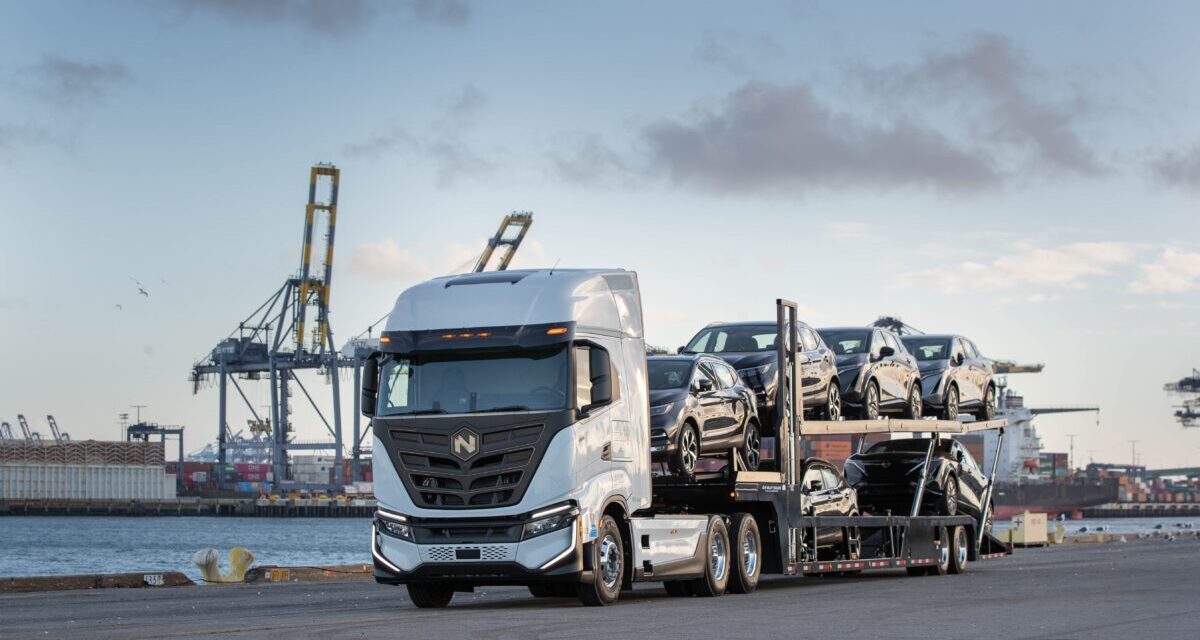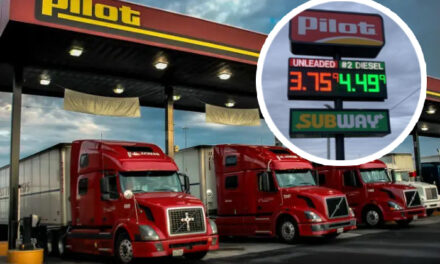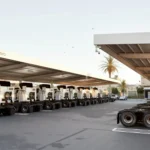In the fast-paced world of global shipping, supply chain participants face ongoing disruptions that demand robust solutions for building resilient supply chains. To navigate these challenges successfully, freight forwarding platforms, real-time visibility tools, and warehouse robotics have emerged as crucial options for shippers. As we look towards 2023, we must examine three emerging FreightTech trends organizations should consider optimizing their supply chain operations. These trends promise to shape the industry’s future, from the groundbreaking potential of artificial intelligence (AI) to the transformative power of paperless trade and supply chain finance.
-
Artificial Intelligence:
- Driving Efficiency and Transformation Artificial intelligence took a significant leap forward in November 2022 when OpenAI introduced ChatGPT (Chat Generative Pre-trained Transformer). This groundbreaking technology showcased to business executives and logistics providers the immense progress AI has made. In less than a minute, it can create sales pitches, industry blogs, and training documents with impressive accuracy.
- According to a McKinsey report titled “Notes from the AI frontier: Applications and value of deep learning,” AI technologies can deliver an 89% increase in value beyond traditional analytics for transportation and logistics businesses. Leveraging the vast amounts of data accumulated by data-centric solutions providers, AI-powered systems such as generative adversarial networks and reinforcement learning offer support for predictive maintenance, forecasting, and customer service management.
- The effective deployment of AI is made possible through robotic process automation (RPA). By harnessing AI insights from freight data, trade documents, and emails, RPA automates rule-based tasks across front- and back-office processes. Logistics professionals turn to RPA to streamline operations, reduce reliance on human resources, and optimize revenue generation in markets with low demand. Speed becomes a crucial competitive advantage in the dynamic landscape of 2023.
-
Paperless Trade:
- Efficiency, Sustainability, and Cost Reduction From bills of lading to commercial invoicing, payroll, and customer billing, the transportation industry has long relied on copious amounts of paper. However, transitioning towards paperless operations offers numerous advantages. It improves the industry’s carbon footprint and enables companies to collect more industry data, provide real-time visibility of shipments, streamline internal processes, and reduce costs.
- MyCarrier, a leading less-than-truckload shipping platform, estimates that digitizing manual processes can save logistics providers up to 2% of their freight management costs. On a global scale, eliminating paper-based processes in the industry could save up to $1.2 billion. Recognizing the potential, MyCarrier and 29 other transportation companies have joined forces to create digital standards to eliminate paper from the less-than-truckload (LTL) industry, which relies on paper-based processes for 85% of its shipments.
- The Digital LTL Council, in collaboration with LTL provider RR Donnelley, has successfully digitized manual operations, including rating, dispatching, tracking, and documentation processes. The results have been impressive, with RR Donnelley achieving annual cost savings of $250,000 and significantly reducing call volumes. The adoption of paperless operations is not limited to domestic transportation; it is also gaining momentum on the international stage.
- A McKinsey study in 2022 highlights the potential benefits of electronic bills of lading, estimating that they could save global trade $6.5 million in direct costs and unlock over $30 billion in new trade volume. This is particularly significant since 40% of all containerized trade transactions still rely on paper records.
-
Supply Chain Finance:
- Streamlined Trade and Enhanced Efficiency Blockchain technology, known for its potential to revolutionize paper-based processes, has also found application in transforming the labor-intensive trade finance environment. Supply chain finance is crucial in increasing working capital to generate sales and revenue in emerging markets and product segments. Fintech providers facilitate these transactions, connecting corporations of all sizes, including industry giants like Apple, Dell, Procter & Gamble, and Siemens, with financial institutions worldwide.
- The popularity of supply chain finance is evident in the fact that 66% of banks now have a supply chain finance plan in place, following a remarkable 38% growth in this financing strategy from 2020 to 2021, as the International Chamber of Commerce reported. Integrating supply chain finance solutions into operations opens up growth opportunities during periods of slow demand, provides transparency into financing networks, reduces risk, enables rapid settlement, and fosters improved relationships with carrier vendors.
Conclusion:
As we venture further into the transformative landscape of 2023, staying ahead in the competitive world of supply chain management necessitates embracing emerging FreightTech trends. Artificial intelligence, paperless trade, and supply chain finance offer organizations the tools and opportunities to optimize operations, outperform competitors, and thrive in an ever-evolving industry. By leveraging the power of AI, embracing paperless processes, and streamlining trade finance, supply chain participants can unlock new efficiencies, reduce costs, enhance sustainability, and forge stronger relationships across the supply chain ecosystem.
Other Articles

Fuel Tanker Erupts in Fire on I-14 near Nolanville, Texas, Resulting in Driver’s Death
NOLANVILLE, Texas - A section of the westbound Interstate 14, located southwest of Waco, Texas, will remain closed for the rest of the day following a fiery multi-vehicle accident involving an 18-wheeler transporting gasoline. According to authorities, the truck...
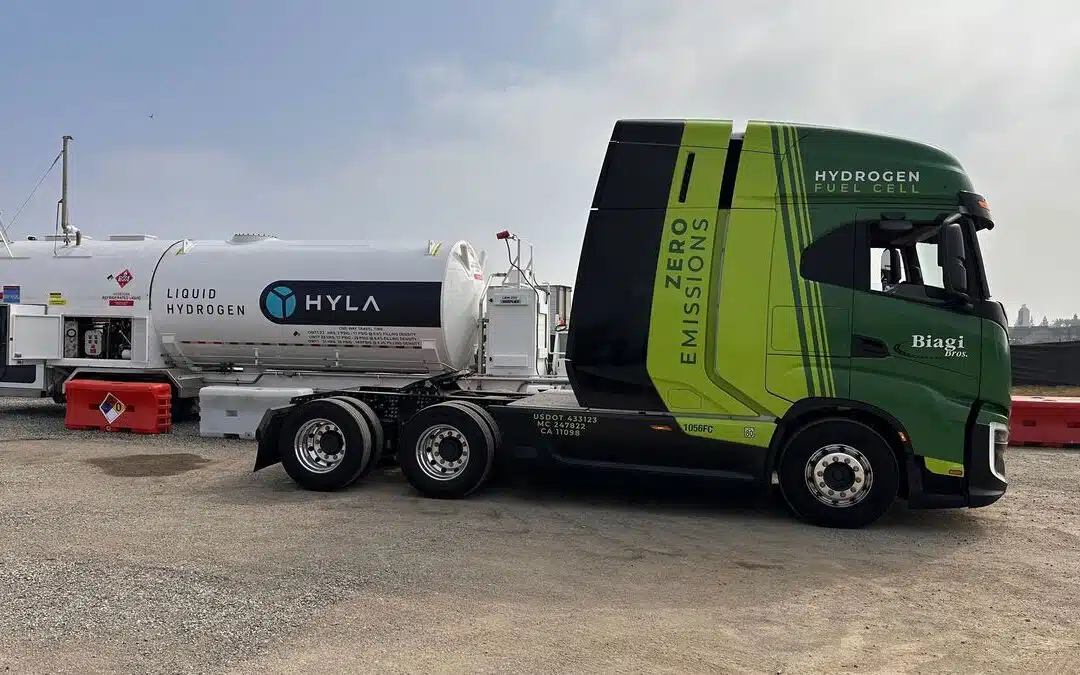
Revolutionizing Green Transport: Nikola’s Hydrogen Fueling Innovation
In the dynamic world of alternative fuel transportation, Nikola, a pioneering heavy-duty truck manufacturer, has recently unveiled its first HYLA-branded hydrogen refueling station. This strategic move marks a significant leap in hydrogen fueling innovation,...
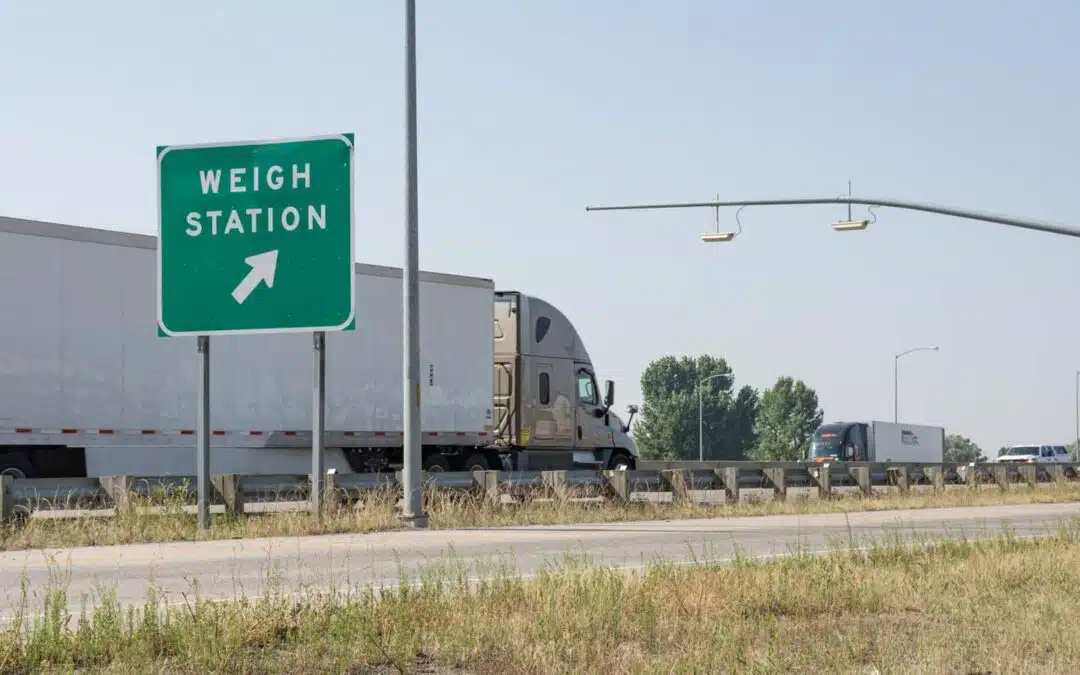
Breaking News: The MOVE Act Set to Transform State Authority on Truck Weight Limits Amid Rising Freight Congestion
Tackling Freight Congestion with the MOVE Act In an unprecedented move, the Modernizing Operations for Vehicles in Emergencies (MOVE) Act emerges as a game-changing proposal in the logistics and transportation sector. Aimed at combating freight congestion, this bill...
